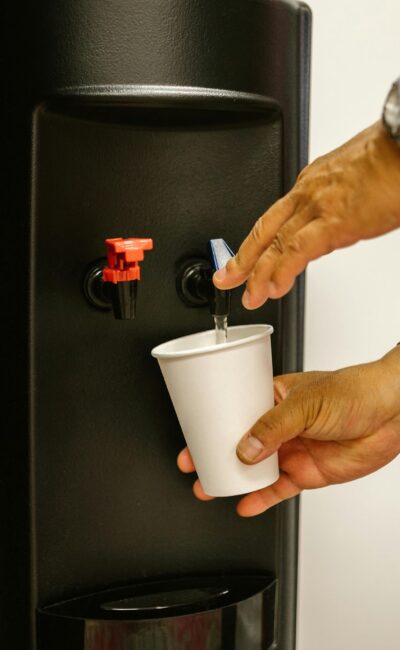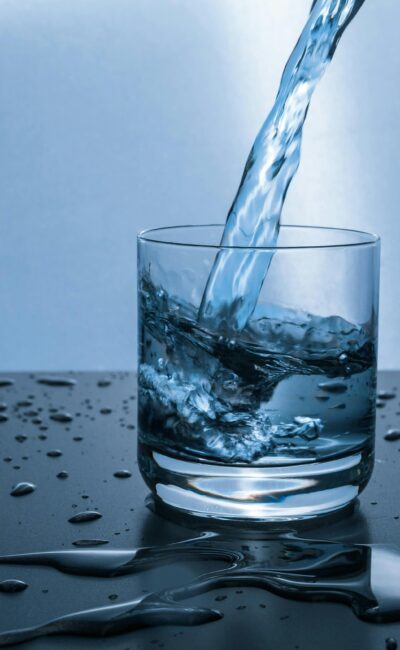Make room Deep Rock and Eldorado Natural Spring Water. FloWater, a Denver startup, is pushing to get its fill in a thirsty U.S. market expected to reach 6.8 million water coolers by next year.
Modern water coolers have moved far beyond stands holding big plastic jugs that make odd noises as air bubbles move through them. Skip the gossip, today’s coolers are intricately designed machines producing purified and tasty water.
FloWater has developed water bottle refill stations that connect to municipal water systems and deliver a product that eight in 10 consumers rated ahead of Fiji Water in taste tests, according to the We are building products that democratize and decentralize water,” said CEO Rich Razgaitis, who co-founded the company in Silicon Valley in 2013 before moving it to Denver’s Sunnyside neighborhood three years ago.
Since its launch, the company estimates its stations have displaced more than 100 million plastic bottles. Commercial clients include Red Bull, Microsoft, Airbnb, Google and Target, as well as more than 100 hotels and dozens of school districts and concert venues in all 50 states.
And it also has global ambitions. Bluewater Group, a Swedish company focused on water and air purification technology, provided $15 million in Series B funding to FloWater in December. That follows four earlier rounds worth $8 million.
“Our mission is to enable people to hydrate; our vision is water without plastic,” said Anders Jacobson, president of Bluewater, in a visit to Denver earlier this year. He said consumers globally have shifted to organic foods to improve the equality of what they eat. Less attention has been paid to the purity of water and air, but that is changing.
Many people turned to plastic bottles to obtain cleaner and better tasting water than what they thought was available from the tap. But that created another huge problem. About 30 billion plastic water bottles a year are used in the U.S., according to a report from BusinessInsider.
Estimates vary, but anywhere from a third to a fifth or even fewer of those bottles actually get recycled. Billions of bottles end up in U.S. landfills each year, where they take hundreds of years to degrade. Even worse, tons of plastic debris are making their way into oceans and other waterways.
Plastic pollution has become so pervasive that 94 percent of municipal water systems now test positive for microplastics, Jacobson said. People drank out of plastic bottles for years to avoid less-than-pure tap water. Now, they could be drinking microscopic amounts of plastic. “What many consumers don’t realize, Razgaitis said, is that about half of the bottled water sold on the market today is drawn from municipal sources.
The company’s refill stations run tap water through a semi-permeable membrane to remove bacteria, lead, viruses, heavy metals, pharmaceuticals, pesticides, herbicides, fluoride and dissolved solids. The company claims its advanced osmosis system is five times better at capturing contaminants than typical reverse osmosis systems. Several other steps follow. The stations oxygenate the water and then alkalinize it with a proprietary blend of 10 trace minerals. Electrolytes in the form of magnesium, potassium, sodium and calcium are added. To eliminate odors and improve taste, the water runs through coconut husk filters. The goal is to create water so good people drink more of it. Customers report drinking 50 to 250 percent more water once a FloWater station is available to them, Razgaitis said. And they drink about half as much coffee and soda.
FloWater is on its fourth generation of stations, which are manufactured in South Korea and leased out on five-year terms for $125 a month. The stations have undergone continuous improvements. Filters can now last 10,000 gallons versus 1,200 gallons in early models, greatly reducing maintenance requirements, Razgaitis said.
Read the full article here.




